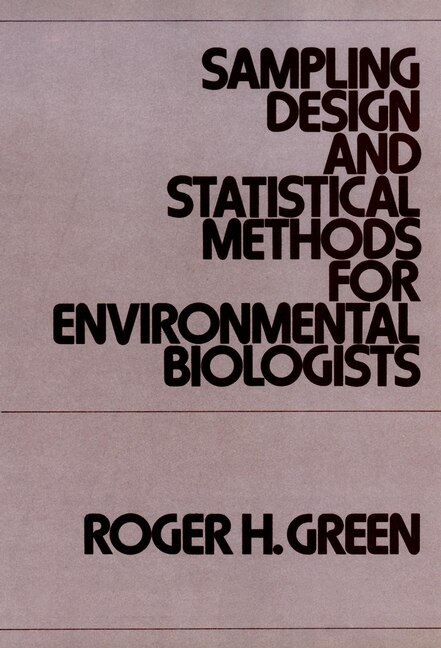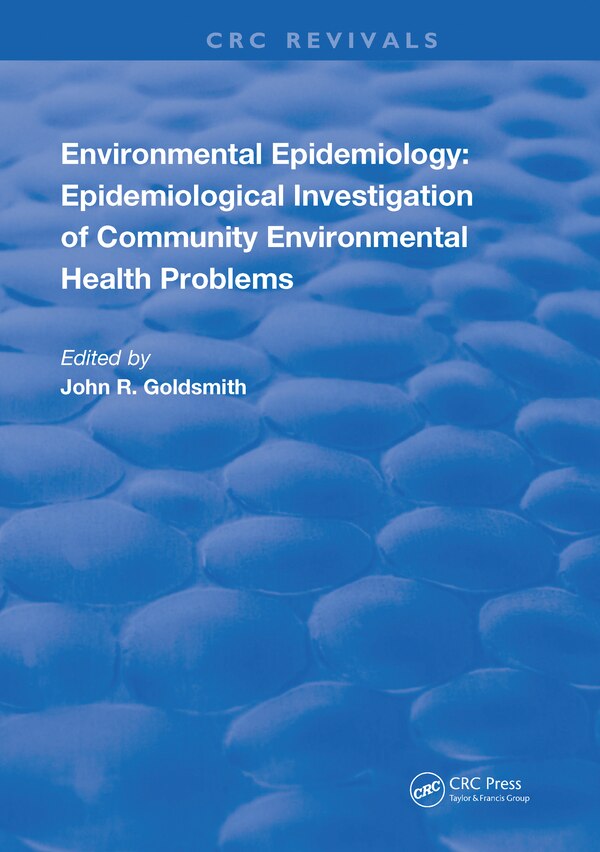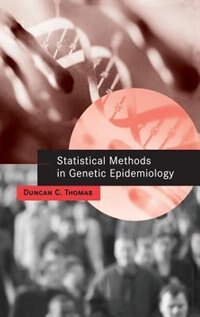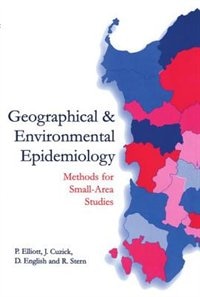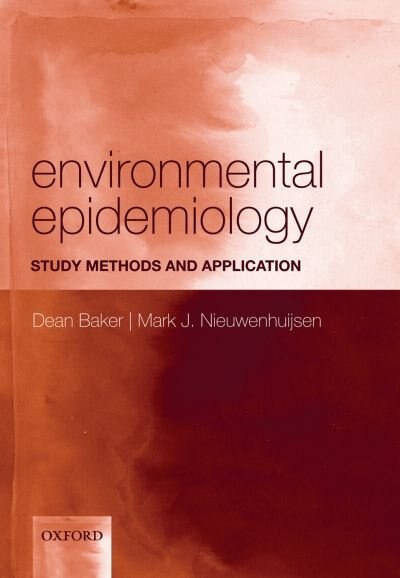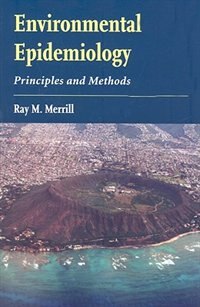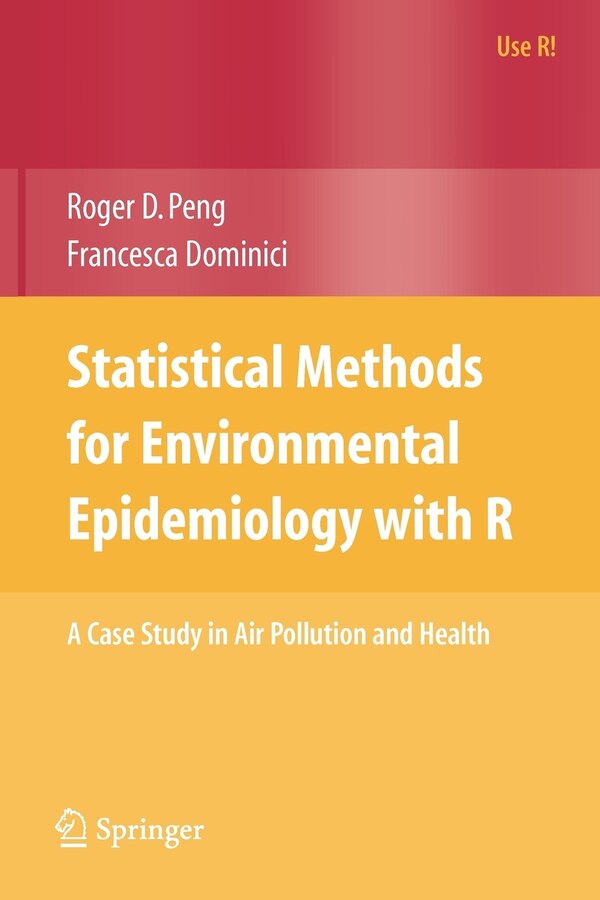
Compare Statistical Methods for Environmental Epidemiology with R by Roger D. Peng, Paperback | Indigo Chapters
Roger D. Peng
$131.50
As an area of statistical application, environmental epidemiology and more speci cally, the estimation of health risk associated with the exposure to - vironmental agents, has led to the development of several statistical methods and software that can then be applied to other scienti c areas. The stat- tical analyses aimed at addressing questions in environmental epidemiology have the following characteristics. Often the signal-to-noise ratio in the data is low and the targets of inference are inherently small risks. These constraints typically lead to the development and use of more sophisticated (and pot- tially less transparent) statistical models and the integration of large hi- dimensional databases. New technologies and the widespread availability of powerful computing are also adding to the complexities of scienti c inves- gation by allowing researchers to t large numbers of models and search over many sets of variables. As the number of variables measured increases, so do the degrees of freedom for in uencing the association between a risk factor and an outcome of interest. We have written this book, in part, to describe our experiences developing and applying statistical methods for the estimation for air pollution health e ects. Our experience has convinced us that the application of modern s- tistical methodology in a reproducible manner can bring to bear subst- tial bene ts to policy-makers and scientists in this area. We believe that the methods described in this book are applicable to other areas of environmental epidemiology, particularly those areas involving spatial{temporal exposures. | Statistical Methods for Environmental Epidemiology with R by Roger D. Peng, Paperback | Indigo Chapters


